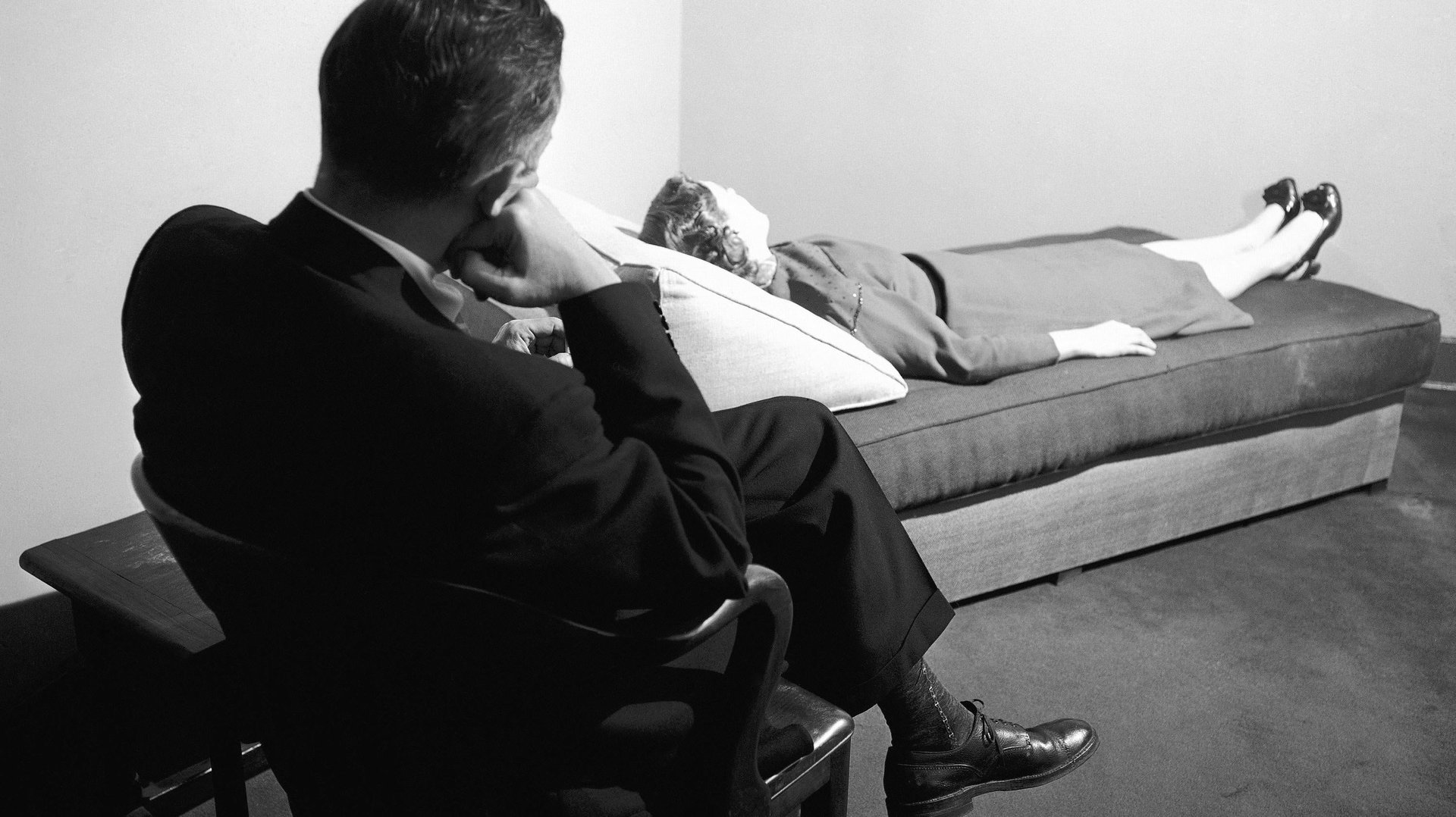What if financial advice was like therapy?
Money triggers emotional responses. Maybe financial advice should be emotionally engaging too.

Saving. Spending. Planning for the future. There are plenty of competing ideas about how to optimize financial wellbeing, and some of them require real discipline. But if we can adjust our actions to account for what we know about human behavior, things like setting money aside for later and investing in our long-term financial health can become a bit easier to swallow in the present.
Suggested Reading
“The key insight of behavioral science is that what works for you is the thing that you’re going to stick with,” says Piyush Tantia.
Related Content
Tantia is a board member and chief innovation officer of ideas42, a nonprofit consulting firm that uses insights from behavioral sciences to address complex social problems, whether encouraging water conservation in Costa Rica, increasing the use of contraception in Nepal, keeping more students in San Francisco enrolled in college, or helping people in Mexico prepare for retirement. He recently spoke with Quartz about ways to rethink the challenge of saving money.
Quartz: What are some common personal finance mistakes that people make with their money?
Piyush Tantia: One that’s very common is that people ignore how powerful compounding is. But it’s just math. If you save five bucks a day and you put it in a bank account for 20 years, that’ll become $60,000, right? It grows fast. So if you’re saving for college, you’re saving for retirement, then like anything, start early, set up something automatic. It can be a small amount and that’ll add up very quickly.
Does that mean that replacing my Starbucks latte with coffee at home? Is that a significant move toward better financial health?
Yeah! For you, that could be the best substitution. For somebody else, it could be something else. I eat way too much chocolate. If I could cut that out then I’m being healthy and I’m going to save money, you know, so great. You need to find the thing that works for you. And it’s got to be a goal that you care about, a goal that you feel is achievable—and you can try different things. If cutting out the coffee really bugs you, it’s not going to work for you long term. So try something else the next week and then the next week until you hit on that one thing where you forget that you even used to spend money on that, and that’ll be the perfect way to save.
What else can people do to get their financial health in shape?
We had this idea: What if you could take real actions toward your financial goals while you’re getting financial coaching? The problem with financial coaching is that you leave with a whole bunch of homework that’s kind of tedious to do; it takes some self-control and you kind of forget about it, you avoid it. So we designed a financial health check, modeled after an annual physical health checkup, and you could do this every year.
So, go talk to [an advisor], somebody who’s an expert, set your financial goals in that session—and then take the actions right there. If you have a savings goal, set up that automatic payment right then and you don’t have to deal with the bureaucracy because your advisor will deal with it. If you want to pay down some credit card debt, you could set up an automatic payment that’s just paying extra, over and above your monthly payment.
We tested this with a couple of financial institutions and we saw pretty good effects on increases in savings. And we got good, qualitative feedback from people who were going through it as well, that it was an easy thing to do. We eventually converted it to partly self-serve (pdf), so you could enter all of your basic information online and then just have a quick phone call with someone to go through the final steps.